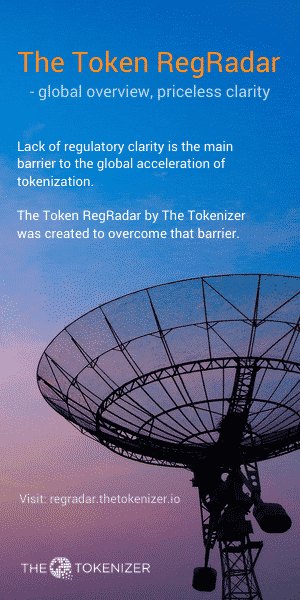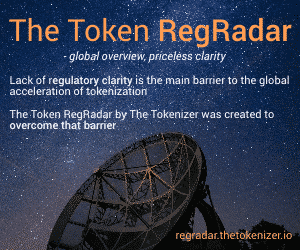CFTC’s Global Markets Advisory Committee Advances Recommendation on Tokenized Non-Cash Collateral
The Commodity Futures Trading Commission’s Global Markets Advisory Committee, sponsored by Commissioner Caroline D. Pham, has advanced a recommendation to expand the use of non-cash collateral through the use of distributed ledger technology. The GMAC’s Digital Asset Markets Subcommittee also presented on the progress of its Utility Tokens workstream.
“All over the world, there have been successful and proven commercial use cases for tokenization of assets, such as digital government bond issuances in Europe and Asia, over $1.5 trillion notional volume in institutional repo and payments transactions on enterprise blockchain platforms, and more efficient collateral and treasury management,” Commissioner Pham said.
“Now, we can finally begin to make progress on U.S. regulatory clarity for digital assets with today’s GMAC recommendation on tokenized non-cash collateral. This marks a significant first step toward realizing these opportunities for our derivatives markets — with exactly the same guardrails and protections in place. Embracing new technology does not mean compromising on market integrity. I’m also excited by the progress of the Utility Tokens workstream and their extensive efforts on a regulatory solution for these key assets which will help to unleash rapid innovation and growth in the digital economy. I applaud the leadership of the GMAC and the Digital Asset Markets Subcommittee and workstreams for promoting the competitiveness of our markets and the United States.”
The recommendation by the GMAC’s Digital Asset Markets Subcommittee was approved without objection, marking the 14th GMAC recommendation advanced to the CFTC in the last 12 months, the most of any advisory committee ever in the same timeframe.
The CFTC has consistently permitted the use of non-cash assets as collateral to satisfy regulatory margin requirements for both cleared and non-cleared derivatives, subject to specified conditions and limitations designed to mitigate credit, market, and liquidity risks. Various operational challenges, however, have impeded use of non-cash collateral, which results in adverse consequences for market efficiency. By improving the operational infrastructure for assets already eligible to serve as regulatory margin, blockchain or other distributed ledger technology can help reduce or eliminate some of those challenges without requiring any changes to collateral eligibility rules.
This recommendation provides a legal and regulatory framework for how market participants can apply their existing policies, procedures, practices, and processes to support use of DLT for non-cash collateral in a manner consistent with margin requirements.
Additional Meeting Resources
About the GMAC and Advisory Committees
The GMAC was created to advise the Commission on issues that affect the integrity and competitiveness of U.S. markets and U.S. firms engaged in global business, including the regulatory challenges of a global marketplace that reflects the increasing interconnectedness of markets and the multinational nature of business. The GMAC also makes recommendations regarding international standards for regulating futures, swaps, options, and derivatives markets, as well as intermediaries.
In June 2023, Commissioner Pham announced the leadership and membership of the GMAC and its subcommittees—the largest-ever single advisory committee initiative sponsored by the CFTC. Members include financial market infrastructures, market participants, end-users, service providers, and regulators. Harry Jung is the GMAC Designated Federal Officer, and Nicholas Elliot is the GMAC Alternate Designated Federal Officer.
There are five active Advisory Committees overseen by the CFTC. They were created to provide advice and recommendations to the Commission on a variety of regulatory and market issues that affect the integrity and competitiveness of U.S. markets. These committees facilitate communication between the Commission and market participants, other regulators, and academics. The views, opinions, and information expressed by the Advisory Committees are solely those of the respective Advisory Committee and do not necessarily reflect the views of the Commission, its staff, or the U.S. government.
Read other stories: DeFi and Regulation
Ursus-3 Capital Certified as Spain’s First ERIR, Teams Up with ONYZE for Tokenized Asset Issuance
You Might also Like















